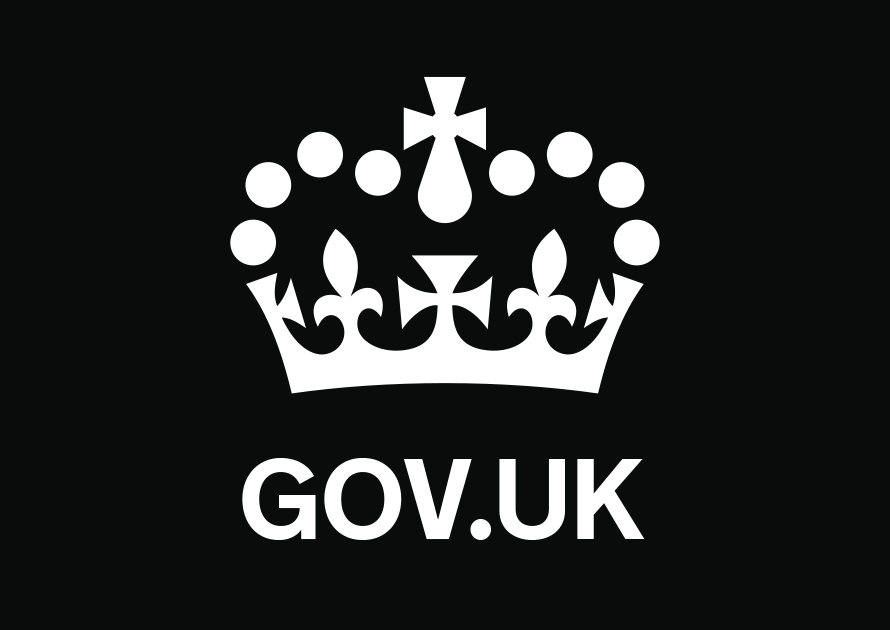Check what to look for first
Use the following checklist to decide if the contact you’ve received is a scam. You can use it for phone calls, emails and text messages.
It could be a scam if it:
- rushes you
- is threatening
- is unexpected
- asks for personal information like bank details
- tells you to transfer money
- offers a refund, tax rebate or grant
For more help view examples of HMRC related phishing emails and bogus contact
.
Check a list of genuine HMRC contact and campaigns to help you decide if the one you’ve received is genuine.
Other signs to look out for
Suspicious phone calls
HMRC will never:
- leave a voicemail threatening legal action
- threaten arrest
View an example of a bogus phone call.
Text messages
From January 2023 HMRC might send you a text message if you call one of our helplines from a mobile phone.
On the call, we will tell you to expect a text message — it will be either immediately or shortly after our call.
In the text message we might send you a link to relevant GOV.UK information or webchat.
HMRC will never ask for personal or financial information when we send text messages.
Do not open any links or reply to a text message claiming to be from HMRC that offers you a tax refund in exchange for personal or financial details.
You should send any suspicious text messages to 60599 (network charges apply) or email: phishing@hmrc.gov.uk then delete them.
WhatsApp messages
If you receive any communication through WhatsApp claiming to be from HMRC it’s a scam.
Take a screenshot and forward it as an email.
QR Codes
HMRC uses QR codes to help you complete your payment to HMRC using a mobile device.
The QR code will first be displayed when you’re logged into your HMRC online account through the Government Gateway, on a desktop browser.
You will then be able to use your mobile phone to scan the code which will allow you to continue your payment on your mobile.
We will never send you a QR code. If you receive a QR code at any time, it’s a scam.
Gift or payment vouchers
HMRC will never ask you to pay with gift or payment vouchers.
If you’ve already shared personal details
You can report a disclosure of personal information to the HMRC security team.
If you’ve been a victim of a scam and suffered financial loss, report it to Action Fraud.
Last updated 19 January 2023
+ show all updates
-
19 January 2023
Information about when HMRC might send you a text message if you call one of our helplines from a mobile phone, and what it might include has been added.
-
13 January 2022
Updated information on what to look for first and suspicious phone calls.
-
22 December 2021
Added information on QR codes.
-
29 October 2020
First published.


